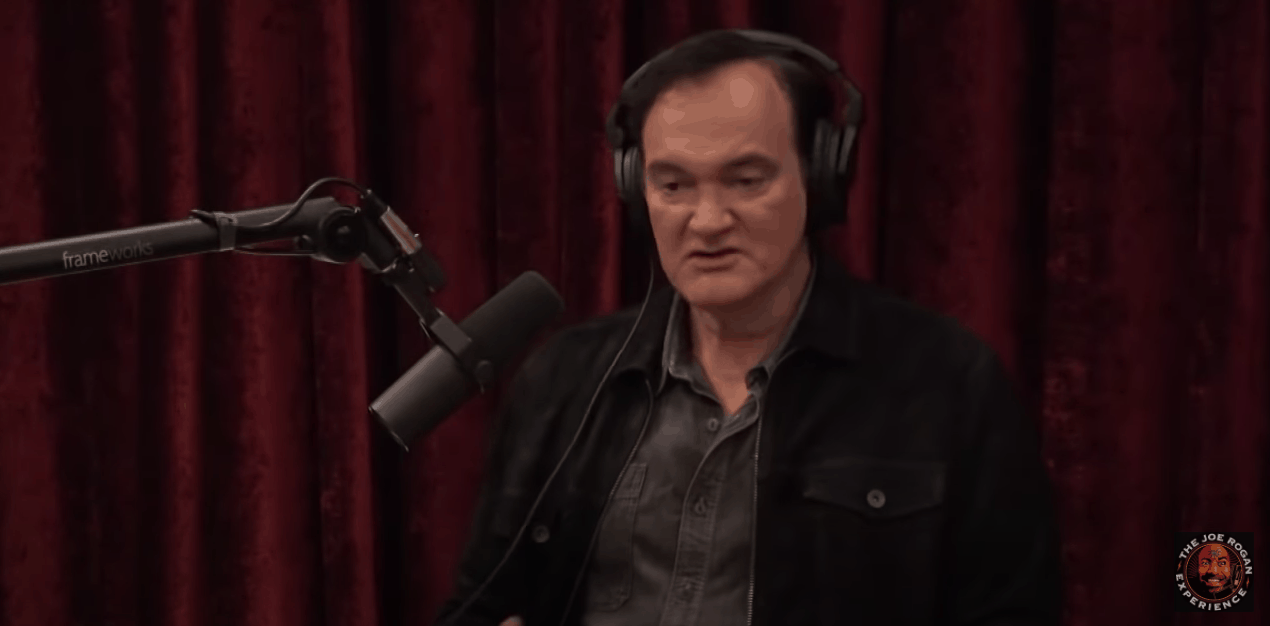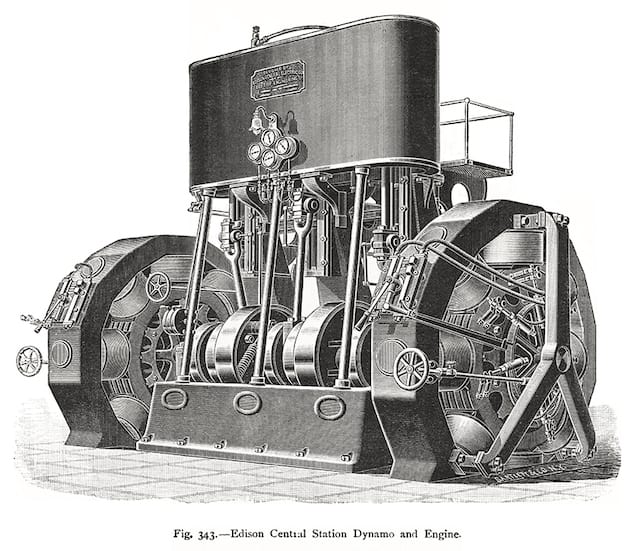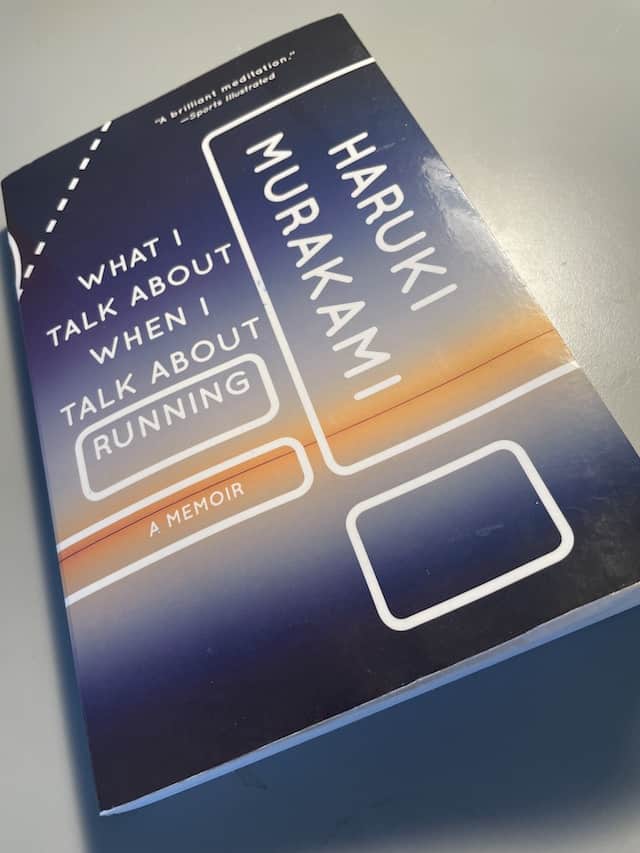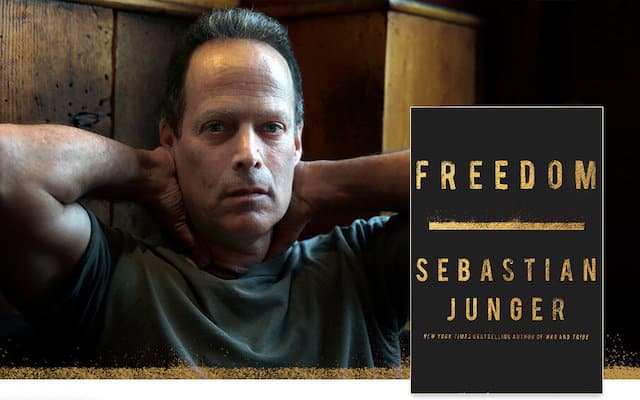
In 1991, Sebastian Junger suddenly found himself with time to think. He had wounded himself with a chainsaw at his day job as a climber for a tree pruning company in Gloucester, Massachusetts, and was laid up recovering.
Morbidly inspired by the experience, Junger became interested in the idea of writing a book about dangerous jobs. In a tragic sense, his timing was good. That same year, a commercial fishing boat out of Gloucester named the Andrea Gail sunk off the coast of Nova Scotia in a historic storm. All six of her crew were lost.
Junger wrote a sample chapter about the Andrea Gail to include in a proposal for his dangerous jobs idea. It soon became clear, however, that the story of the lost fishing boat was rich enough to support an entire book on its own. The result was The Perfect Storm, which became an international bestseller after its release in 1997, and was subsequently adapted into a blockbuster movie staring George Clooney and Mark Wahlberg. Junger was credited with reviving the adventure non-fiction genre. Some even called him a new Hemingway.
The twist of this story that perhaps interests me most, however, is what Junger did next: he bought a dilapidated house in the woods. To be more specific, in 2000, Junger purchased a rundown residence, built in the early 1800s, and hidden at the end of a winding, unpaved lane in Truro, a small town in upper Cape Cod known as a refuge for writers and artists.
As Junger explains in a 2019 interview with CapeCod.com, he spends as much time there throughout the year as possible: “It’s a very good place to to work. It’s old and removed from humanity.”
As he elaborates:
Read more






